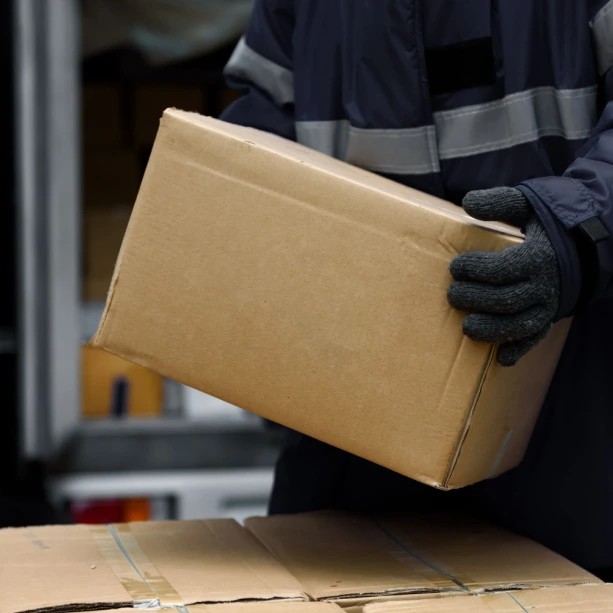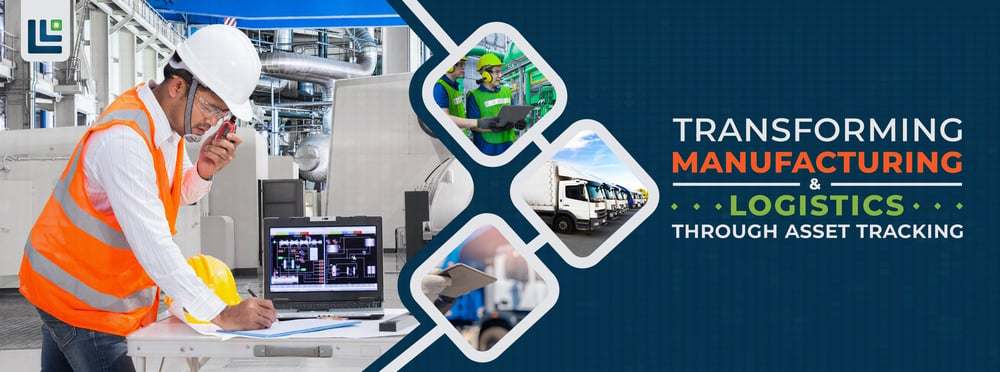The importance of being compliant is well-known among companies in every industry. One industry that sees growing requirements is parties involved in the cold supply chain. An FDA regulation, the Food Safety Modernization Act (FSMA), has affected all parts of the cold chain, from farmers to distributors. The act was signed into law in 2011, and as time has passed, more rules have been added. One even went into effect this month. Cold chain monitoring is not a simple task to do on your own; technology has been created to help ensure compliance.
FSMA Compliance
The FSMA regulation was put in place to prevent food-borne illness. The CDC estimates that each year food-borne illness causes 48 million people to get sick, 128,000 to be hospitalized, and 3,000 to die. So instead of focusing heavily on treatment, they want to switch the focus to prevention. There are several rules under the FSMA. Some apply specifically to farmers or manufacturers; today, we'll focus on the ones that apply to distributors.
Sanitary Transport Rule
The sanitary transport rule went into effect on June 6, 2016, and was put in place to prevent food safety risks during transportation. This rule ensures the safety and maintenance of trailers moving temperature-sensitive food. It also ensures the temperature of the food remains within the safe range throughout transportation. Companies need to maintain records of these requirements so they can prove compliance.
Protection Against Intentional Adulteration
One of the most important parts of preventing food-borne illness is to prevent tampering with food within the supply chain. This rule requires companies to find their vulnerabilities and create a strategy for addressing them. Establishing procedures to ensure safe temperatures is good to have, but it’s key to monitoring the procedures to ensure they are working correctly. For example, it’s essential to have a refrigerator set to the right temperature, but it’s just as important to monitor the temperature to ensure the fridge is working properly. If you have no method of monitoring, you can’t know when something goes wrong and won’t be able to address the problem in a timely manner.
Preventive Control for Human and Animal Food
This rule requires food facilities to have a food safety plan to find and address any hazards or forgetfulness. Key requirements for the safety plan include hazard analysis, preventive controls, management of preventive controls, a supply chain program, and a recall plan. Preventive controls include process controls like temperature ranges for sensitive foods. Management of those controls includes monitoring the temperature of those foods to make sure they don’t reach the critical limit and that there is documentation of the temperature at all times.
Requirements for Additional Traceability Records for Certain Foods
This traceability rule only recently went into effect. This new rule has many companies reevaluating their current methods of compliance. This rule was created because of the importance of record keeping. Each part of the cold supply chain has different critical tracking events (CTE) they are in charge of. For example, distributors won’t be in charge of harvesting events, they’ll be in charge of shipping.
Increase Your ROI by Investing in AirFinder Everywhere
- Loss Prevention. Reduce the amount of loss that occurs during the supply chain process
- Location Coverage. AirFinder Everywhere uses a combination of GPS, Cellular, and WiFi to determine location everywhere
- Security Alerts. Know when a delay in shipment has occurred so the problem
can be addressed immediately.
How Does Cold Chain Management Help?
Cold chain solutions, like AirFinder, can help distributors monitor temperature and keep accurate records. While food is in transit, knowing the temperature at all times is the best way to remain compliant. Just because you set the refrigerator to a specific temperature doesn’t ensure it will remain that temperature for the duration of the trip. Having real-time temperature data can alert you to any changes in temperature as soon as they occur. Once the fleet manager receives the alert that the temperature has changed, they can alert the driver to find a dealer to get the fridge looked at and fixed before the food spoils.
Our AirFinder solution even offers customized reporting options so you can see the data that is important to you. For example, you may need to know just the temperature, and someone else may want to know the temperature and location information. Whatever the need, it can be tailored to your company so you can make informed decisions.
What Else Can An Asset Monitoring System Offer?
Our AirFinder Everywhere system goes above and beyond just monitoring and reporting. It also can track location so you can understand the usage of pallets and trucks. It can even give you insight into how long your trucks are running before being loaded. Starting a truck 6 hours before loading wastes an enormous amount of fuel. Our devices can inform you how long the truck is burning fuel so you can take action to reduce it.
How Compliant is Your Cold Chain?
You most likely are aware of the FDA FSMA regulation and the rules you’re required to follow, but how well are you following those rules? If you’re unsure of the answer or the answer is not well, reach out to our team of experts so we can help you remain compliant and avoid large legal fees.





